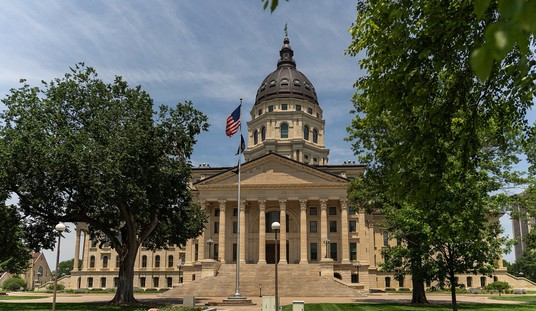In a major 6-3 decision, the United States Supreme Court has struck down race-based admissions at two universities, declaring it a violation of the equal protection clause.
The conservative justices, led by Chief Justice John Roberts, made up the majority. Justice Sonya Sotomayor wrote the dissent in the Harvard case and was joined by Justices Elena Kagan and Ketanji Brown Jackson. Jackson wrote the dissent in the University of North Carolina case, joined by Sotomayor and Kagan.
In the majority opinion, Roberts writes that the court has “permitted race-based admissions only within the confines of narrow restrictions. University programs must comply with strict scrutiny, they may never use race as a stereotype or negative, and — at some point — they must end.”
He also wrote that “however well-intentioned and implemented in good faith,” the admissions programs at Harvard and UNC “fail each of these criteria.”
SCOTUS holds that race-based college admissions policy violates equal protection.
6-3, by CJ Roberts. https://t.co/qzRnWx8ndK pic.twitter.com/dfXsJqVnIw
— Gabriel Malor (@gabrielmalor) June 29, 2023
More from the majority opinion:
Immediately after Brown, we began routinely affirming lower court decisions that invalidated all manner of race-based state action.
[…]
In the decades that followed, this Court continued to vindicate the Constitution’s pledge of racial equality. Laws dividing parks and golf courses; neighborhoods and businesses; buses and trains; schools and juries were undone, all by a transformative promise “stemming from our American ideal of fairness”: “‘the Constitution . . . forbids . . . discrimination by the General Government, or by the States, against any citizen because of his race.’”
The majority opinion closed by saying that “nothing in this opinion should be construed as prohibiting universities from considering an applicant’s discussion of how race affected his or her life, be it through discrimination, inspiration, or otherwise.”
In other words, Roberts and the majority maintain that a person’s race is an invaluable part of their background, but it should not be used to create new barriers to college admission.
“But,” Roberts concludes, “despite the dissent’s assertion to the contrary, universities may not simply establish through application essays or other means the regime we hold unlawful today.”
This is a developing story, and RedState working to provide complete coverage of news and updates that matter to conservatives. Updates will be shared as they become available.













Join the conversation as a VIP Member